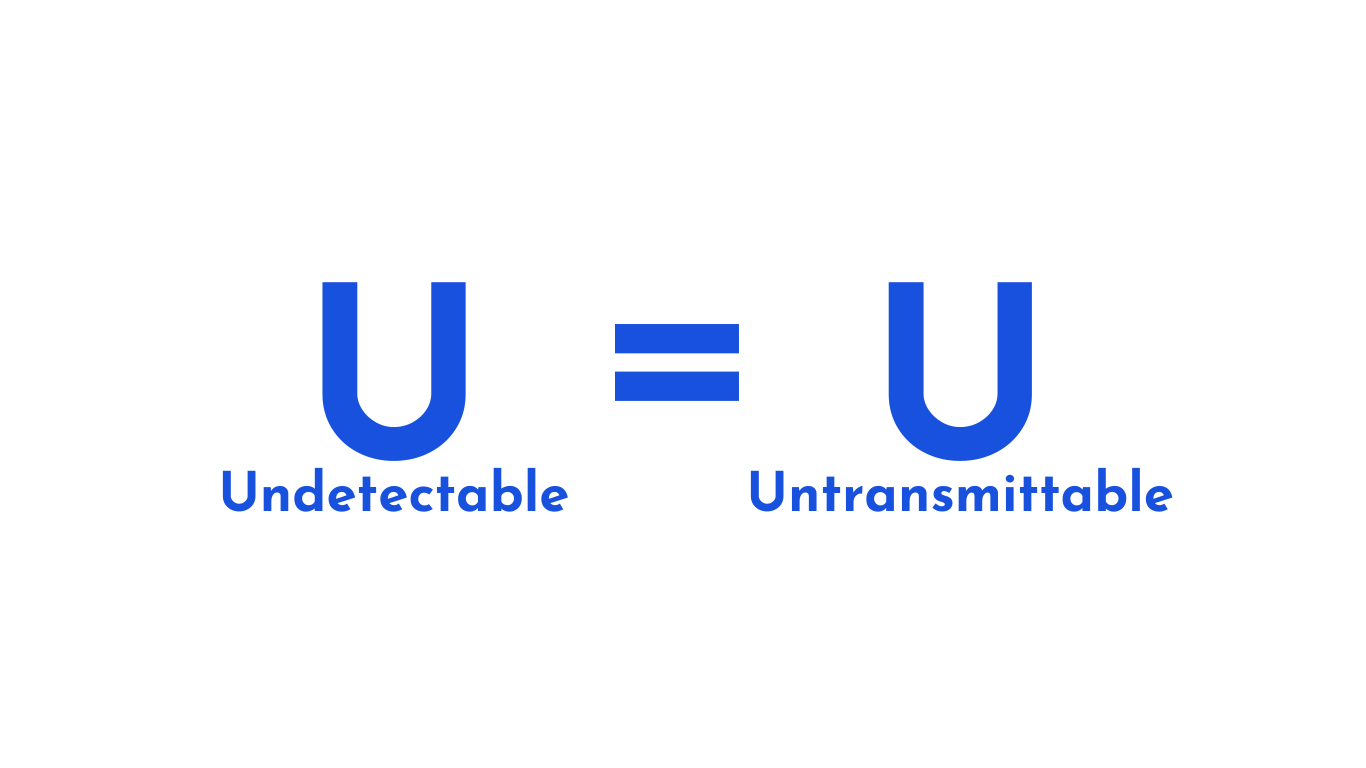HIV can affect anyone,
even young people.
- Colorado is the 22nd state with the most new HIV cases with an estimated 13,249 new cases in 2022.
- Out of those people, 510 were newly diagnosed.
- Only 6% of high school students have ever been tested for HIV.
- About 13% of Coloradans living with HIV don’t know their status. As a result, they aren’t getting the treatment they need.
- Denver has the highest total number of new HIV cases.HIV continues to disproportionately affect men who have sex with men, folks who identify as transgender, and communities of color.
Source: CDC
WHAT IS HIV?
HIV (human immunodeficiency virus) is a virus that weakens a person’s immune system by destroying important cells that fight disease and infection. If HIV is not treated, it can gradually destroy the immune system and progress to AIDS (acquired immunodeficiency syndrome), the most advanced stage of HIV infection. There is currently no effective cure for HIV, but with proper medical care, HIV can be controlled.

How is HIV spread?
HIV is spread only in certain body fluids : blood, sexual fluids, and breast milk. In the US, the most common ways that HIV are spread are:
- Having vaginal or anal sex with someone who has HIV without using a condom or taking medicines to prevent or treat HIV.
- Sharing injection drug equipment, such as needles, with someone who has HIV.
Some ways to prevent the spread of HIV
In today’s world, there are more prevention methods than ever.
- Condoms – Use a condom with every sex partner, every time. Water- or silicone-based lubricants can increase comfort and prevent breakage, but don’t use lubes with oil in them (like vaseline or massage oils).
- Safe injection – If you inject drugs, do not share equipment including cookers, cottons, and water. Use new, sterile syringes and needles every time you inject.
- STI screening – Having an untreated sexually transmitted infection can mean you are more likely to get HIV. The only way to know for sure if you have an STI or HIV is by getting tested.
- PrEP – If you are HIV negative, taking PrEP (pre-exposure prophylaxis) reduces the risk of getting HIV from sex by about 99%. Get started now!
- Treatment – If you are living with HIV, you can eliminate the chance of sexually transmitting HIV to others by taking daily HIV treatment, as prescribed. This will help you achieve and maintain an undetectable viral load.
Undetectable = Untransmittable
When taken as prescribed, HIV medications can decrease the amount of HIV present in a person’s blood, or “HIV viral load”, to be too low to measure. This is called being undetectable. Being undetectable prevents HIV disease from progressing and allows people to live long and healthy lives.
People cannot pass HIV through sex when they have undetectable levels of HIV.

Should I get tested for HIV?
– Are you a man who has had sex with another man?
– Have you had sex—anal or vaginal—with a partner who has HIV?
– Have you had more than one sex partner since your last HIV test?
– Have you injected drugs and shared needles, syringes, or other drug-injection equipment (for example, cookers) with others?
– Are you pregnant?
– Have you been diagnosed with or treated for another sexually transmitted disease?
If you answered yes to one or more of these questions, then you should get tested for HIV!
